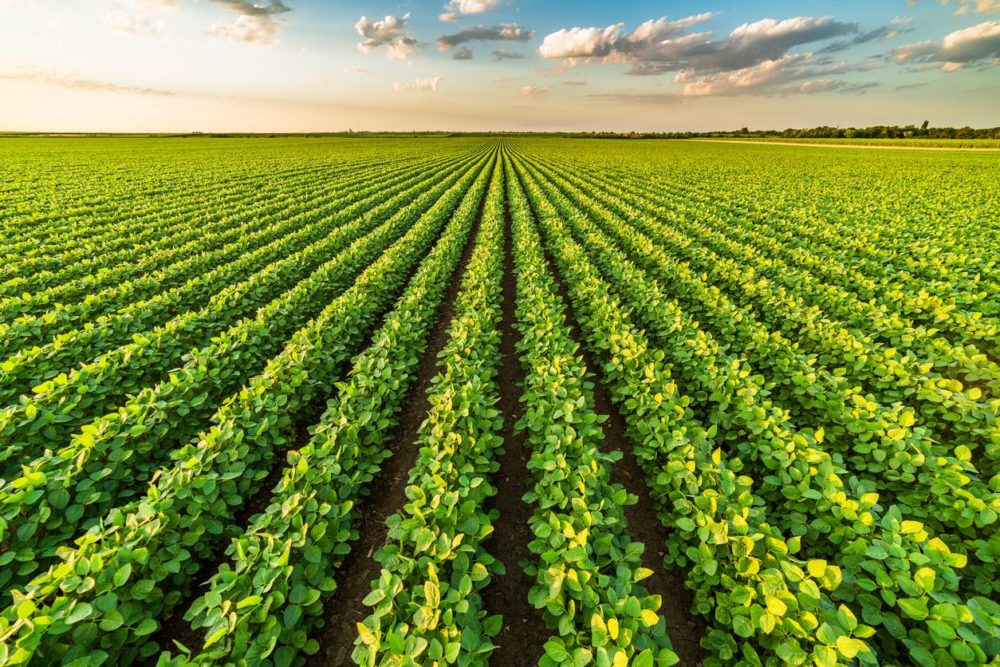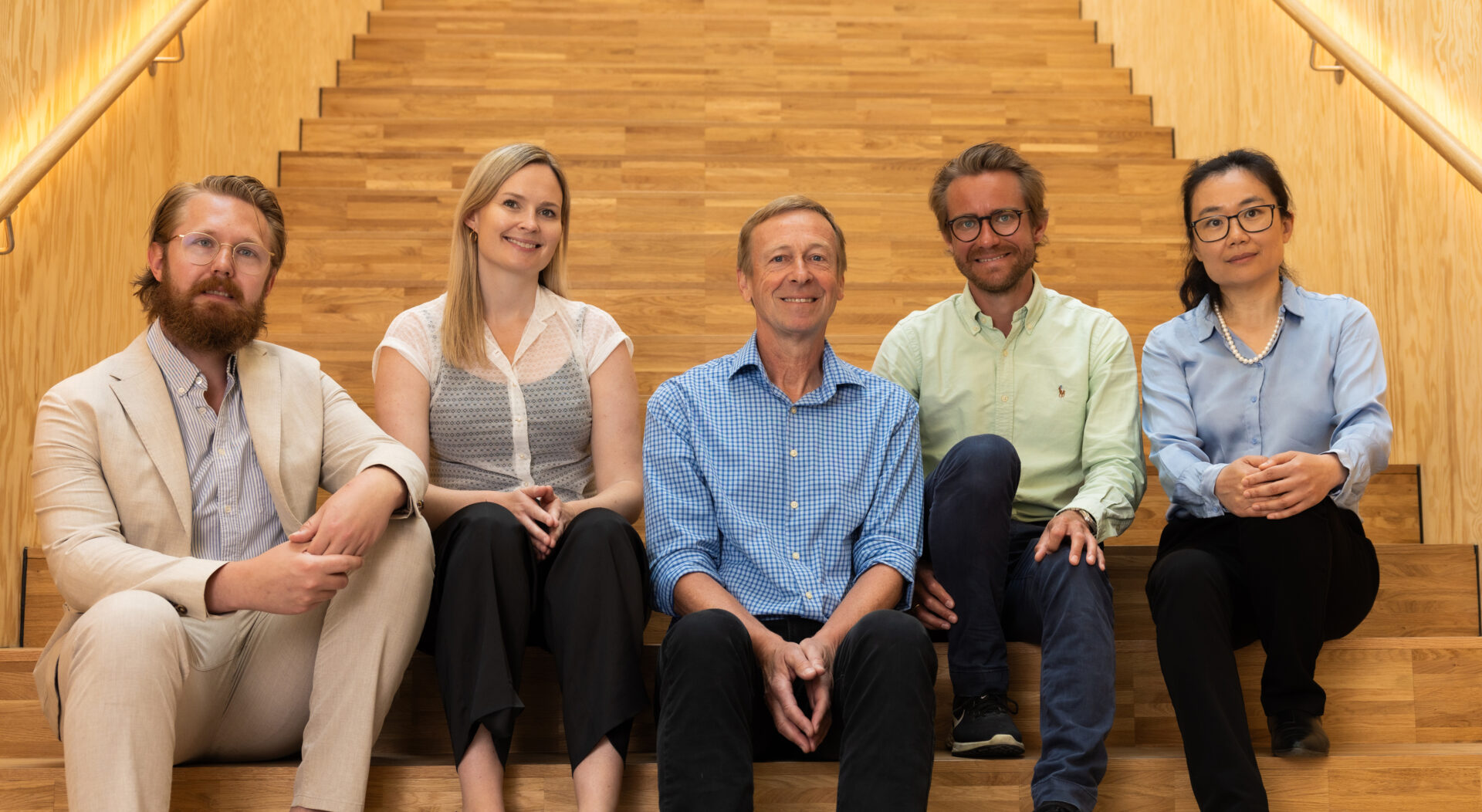Rising sea levels, industrial farming and land mismanagement has upped the rate of soil salinization, a land degradation process where excessive salts build up in the soil. The problem already impacts more than 800 million hectares of land globally and is viewed as a potent threat to food security in some regions.
Denmark-based Agrobiomics just raised €4 million ($4.3 million) to help tackle this problem via its plant biostimulant called Fortify.
Made from a soil microorganism compound and a bacterial fermentation process, Fortify can boost plant resilience to abiotic stressors like drought and salinity, says the company.
“Our main driver here is how to make food supply more sustainable [in the face of] worse and worse growth conditions caused by climate change,” Agrobiomics CEO Ejner Bech Jensen tells AgFunderNews.
Damage from soil salinity comes with a hefty price tag: one study notes that salinity intrusion cost Europe alone hundreds of millions per year, while the United States Department of Agriculture (USDA) estimates around $98 billion in yield losses.
Agrobiomics was founded in 2022. In the same year, the startup was accepted into the BioInnovationInstitute (BII), a Copenhagen-based life sciences hub backed by the Novo Nordisk Foundation. BII provided around $2 million in capital in the form of convertible notes in 2022 and 2023.
This round, from Danish firm NOON Ventures, is Agrobiomics’ first VC funding.
How it works
The startup’s aptly named Fortify biostimulant strengthens plants against abiotic stressors such as drought and salinity, explains Jensen.
Agrobiomics develops the biostimulant from a signaling compound already produced in nature by soil microorganisms. “There’s a massive response in the plants [to the biostimulant]. It grows faster it gets bigger faster, it has has much more chlorophyll, so we can establish very robust, fit plants.”
Those plants are then “more prepared for drought or salinity or high temperatures.” The company reports seeing 20% yield increases for plants under stressed conditions. (There is no increase when plants are not under stressed.)
Critically, Fortify can be applied in extremely small doses — less than one teaspoon per hectare, says Jensen.
“It doesn’t take up much room on the surface of a seed, which is important because there’s a limit to how many chemicals you can have on the surface of a seed. Because of its unique potency, the same product can be used for many different plants.”
Agrobiomics says it is looking at many different types of crops, ranging from broadacre to fruits to vegetables. The company has already conducted field trials on tomatoes in Spain and on soybeans in North America.
“The company’s biostimulant efficiently protects a wide variety of crops against high levels of salinity and has shown to significantly promote yields in field trials (20% increase) at a very low dosage (1 – 10 mg/hectare),” notes Christian Brix Tillegreen, director of planetary health at BioInnovation Institute.

Validation at field level
Brix Tillegreen also notes that, “Since receiving financial backing from BII in 2022, Agrobiomics has delivered on its promise to provide transformative solutions to farmers coping with the constant and growing challenges of drought and salinity.”
The NOON Ventures investment “will further accelerate development and help bring this sustainable technology to billion-dollar markets such as soybean and corn.”
Mathilde Nordgaard, co-founder and R&D director at Agrobiomics, says the new investment will enable the company to take the product through regulatory talks and validation trials in the field.
“Financial support from BII allowed us to run a first validation on tomato and soybeans in the greenhouse,” she tells AgFunderNews. “We did we did see yield increases, but the real data has to be in the field. Big [agribusiness] companies want to see lots of big demonstrations, so with this investment, we can do the trials that can convince the big players and the market.”
Some target markets for the company include countries in Southern Europe, where drought and rising sea levels are increasing soil salinity, as well as “the developing countries where they might have even tougher time with poor growth conditions that are driven by climate change,” says Jensen.
The startup will conduct its next trials across different regions and soil types, says Nordgaard, in order to “show the effect across different soil types.
“It’s also important for us to gather data about the soils, regions and climates so we can also put all of this into a data package.”
Adds Jensen: “We believe we have something that can be [scaled] up and we are going to build the company in the next two, three years on getting very good data.”





